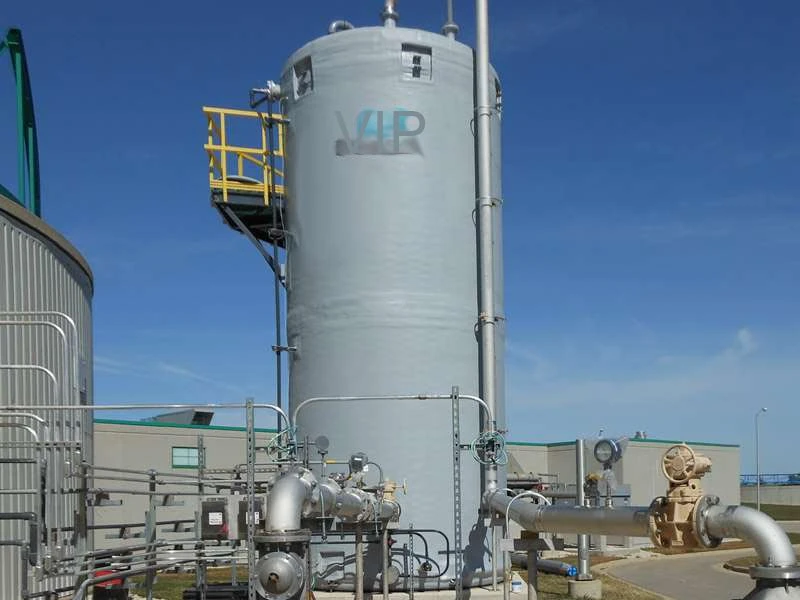
-
 Afrikaans
Afrikaans -
 Albanian
Albanian -
 Amharic
Amharic -
 Arabic
Arabic -
 Armenian
Armenian -
 Azerbaijani
Azerbaijani -
 Basque
Basque -
 Belarusian
Belarusian -
 Bengali
Bengali -
 Bosnian
Bosnian -
 Bulgarian
Bulgarian -
 Catalan
Catalan -
 Cebuano
Cebuano -
 China
China -
 China (Taiwan)
China (Taiwan) -
 Corsican
Corsican -
 Croatian
Croatian -
 Czech
Czech -
 Danish
Danish -
 Dutch
Dutch -
 English
English -
 Esperanto
Esperanto -
 Estonian
Estonian -
 Finnish
Finnish -
 French
French -
 Frisian
Frisian -
 Galician
Galician -
 Georgian
Georgian -
 German
German -
 Greek
Greek -
 Gujarati
Gujarati -
 Haitian Creole
Haitian Creole -
 hausa
hausa -
 hawaiian
hawaiian -
 Hebrew
Hebrew -
 Hindi
Hindi -
 Miao
Miao -
 Hungarian
Hungarian -
 Icelandic
Icelandic -
 igbo
igbo -
 Indonesian
Indonesian -
 irish
irish -
 Italian
Italian -
 Japanese
Japanese -
 Javanese
Javanese -
 Kannada
Kannada -
 kazakh
kazakh -
 Khmer
Khmer -
 Rwandese
Rwandese -
 Korean
Korean -
 Kurdish
Kurdish -
 Kyrgyz
Kyrgyz -
 Lao
Lao -
 Latin
Latin -
 Latvian
Latvian -
 Lithuanian
Lithuanian -
 Luxembourgish
Luxembourgish -
 Macedonian
Macedonian -
 Malgashi
Malgashi -
 Malay
Malay -
 Malayalam
Malayalam -
 Maltese
Maltese -
 Maori
Maori -
 Marathi
Marathi -
 Mongolian
Mongolian -
 Myanmar
Myanmar -
 Nepali
Nepali -
 Norwegian
Norwegian -
 Norwegian
Norwegian -
 Occitan
Occitan -
 Pashto
Pashto -
 Persian
Persian -
 Polish
Polish -
 Portuguese
Portuguese -
 Punjabi
Punjabi -
 Romanian
Romanian -
 Russian
Russian -
 Samoan
Samoan -
 Scottish Gaelic
Scottish Gaelic -
 Serbian
Serbian -
 Sesotho
Sesotho -
 Shona
Shona -
 Sindhi
Sindhi -
 Sinhala
Sinhala -
 Slovak
Slovak -
 Slovenian
Slovenian -
 Somali
Somali -
 Spanish
Spanish -
 Sundanese
Sundanese -
 Swahili
Swahili -
 Swedish
Swedish -
 Tagalog
Tagalog -
 Tajik
Tajik -
 Tamil
Tamil -
 Tatar
Tatar -
 Telugu
Telugu -
 Thai
Thai -
 Turkish
Turkish -
 Turkmen
Turkmen -
 Ukrainian
Ukrainian -
 Urdu
Urdu -
 Uighur
Uighur -
 Uzbek
Uzbek -
 Vietnamese
Vietnamese -
 Welsh
Welsh -
 Bantu
Bantu -
 Yiddish
Yiddish -
 Yoruba
Yoruba -
 Zulu
Zulu
Exploring the Applications and Importance of Drill Pipe in Modern Oil and Gas Industry
Understanding Drill Pipe A Critical Component in Drilling Operations
Drill pipe is an essential element in the drilling industry, acting as a conduit for drilling fluid and providing the necessary structural support for various drilling operations. As a primary component of the drilling string, drill pipes are instrumental in both onshore and offshore drilling activities. This article explores the significance, types, manufacturing, and maintenance of drill pipes, illustrating their crucial role in the successful execution of drilling projects.
Importance of Drill Pipe
The primary function of drill pipe is to transmit rotational motion from the surface to the drill bit located deep within the Earth. This rotation is critical for cutting through various geological formations. Additionally, drill pipes facilitate the circulation of drilling fluid, which is important for cooling the drill bit, removing cuttings from the borehole, and maintaining pressure to prevent blowouts. The integrity of the drill pipe directly affects the efficiency and safety of the drilling operation; any failure can lead to costly downtime and hazardous situations.
Types of Drill Pipe
Drill pipes are available in different specifications tailored for specific drilling applications. Generally, they are categorized based on their material, diameter, and wall thickness. The most common materials used in manufacturing drill pipes include high-strength steels, which offer durability and flexibility.
Drill pipes come in various grades, such as
1. API (American Petroleum Institute) Grades These pipes follow standardized specifications and are often used for conventional drilling operations. API grades include E-75, X-95, G-105, and S-135, with increasing strength levels. 2. Premium Drill Pipe Designed for use in extreme conditions, premium drill pipes exhibit enhanced performance characteristics, such as improved resistance to fatigue and corrosion. These are often employed in deep-water or high-temperature drilling scenarios.
3. Heavyweight Drill Pipe This type of pipe is primarily used to provide additional weight to the drill string and is often found in areas where traditional drilling techniques might fail due to geological challenges.
drill pipe

Manufacturing Process
The manufacturing of drill pipe involves several key steps to ensure that the final product meets stringent industry standards. Initially, high-quality steel billets are selected and subjected to heating processes, followed by extensive deformation techniques such as extrusion or drilling. Heat treatment processes are also employed to enhance the mechanical properties of the material.
Quality control is integral to the production of drill pipes, with each pipe undergoing rigorous testing for strength, durability, and dimensional accuracy. Non-destructive testing methods, such as ultrasonic testing, are commonly used to identify any internal flaws that could compromise the pipe's integrity during drilling operations.
Maintenance and Inspection
Regular maintenance and inspection are imperative to prolonging the life of drill pipes and ensuring safe drilling operations. Operators are encouraged to implement a consistent inspection routine that includes checking for wear, corrosion, and any signs of mechanical failure. Proper handling and storage of drill pipes also play a critical role in their longevity; storing them in dry, covered areas helps prevent environmental damage.
Integrating technology such as real-time monitoring systems can further enhance the safety and efficiency of drilling operations. These systems provide valuable data on the performance of drill pipes, enabling operators to make informed decisions and avoid potential failures.
Conclusion
In summary, drill pipe is a fundamental component of the drilling industry that directly influences the success and safety of drilling operations. Understanding the types, manufacturing processes, and maintenance practices associated with drill pipes can significantly enhance operational efficiency and safety in the field. As the industry continues to evolve, advancements in drill pipe technology and materials will likely play an essential role in meeting the challenges of modern drilling.









